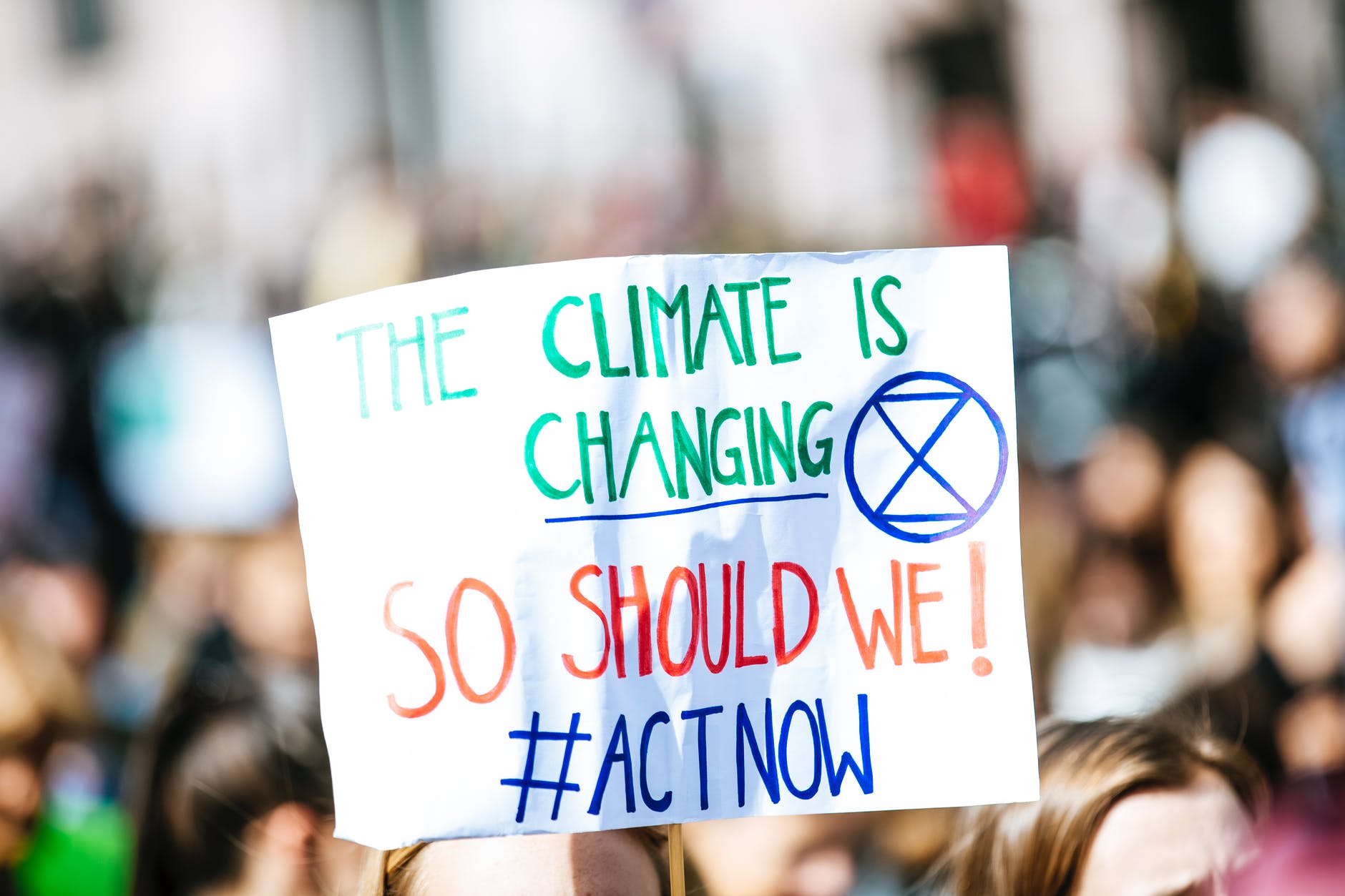Indigenous, Gender Equality, and Environmental Champions Among the Inspiring Awardees Recognized for Their Transformational Climate Action
In an uplifting announcement, the Calouste Gulbenkian Foundation has revealed the winners of the prestigious 2023 Gulbenkian Prize for Humanity.
The award recognizes exceptional individuals who have displayed exemplary leadership in the restoration and protection of critical ecosystems. The three inspiring winners are Bandi “Apai Janggut,” Cécile Bibiane Ndjebet, and Lélia Wanick Salgado.
The distinguished jury, chaired by former German Federal Chancellor Angela Merkel, selected these outstanding individuals from an impressive pool of 143 nominations representing 55 countries.
Their tireless efforts over decades to restore vital ecosystems, such as forests, landscapes, and mangroves, and to protect land for the benefit of local communities have garnered international recognition and admiration.
Bandi “Apai Janggut,” a respected elder and customary leader of the Indigenous Group of Dayak Iban Sungai Utik Long House in Indonesian Borneo, has been at the forefront of advocating for the recognition of his community’s traditional land rights for over 40 years. In 2020, the Indonesian government finally granted legal recognition and ownership of 9,500 hectares of land to the Dayak Iban community.
Cécile Bibiane Ndjebet, a passionate campaigner and agronomist from Cameroon, has dedicated more than 30 years of her life to fighting for gender equality and community rights to forests and natural resources.
Her mission is to empower women to secure land tenure, allowing them to actively participate in ecosystem restoration, poverty alleviation, and climate change mitigation.
Lélia Wanick Salgado, a prominent environmentalist, designer, and scenographer from Brazil, co-founded the Instituto Terra in 1998, which focuses on the restoration of the Atlantic Forest in Brazil.
The institute has successfully planted over 2.7 million trees and restored more than 700 hectares of degraded land. Through collaboration with smallholder farmers, an additional 2,000 hectares have been reforested, leading to the recovery of 1,900 water springs.
The jury was deeply moved by the transformational work carried out in the Global South by these community-led initiatives, recognizing the significant impact of their efforts in combating climate change and restoring the health of our planet.
Angela Merkel emphasized that healthy ecosystems are vital for the well-being of all life on Earth and commended the winners for inspiring positive climate action worldwide.
The awarding of the Gulbenkian Prize for Humanity aligns with the 2022 Global Biodiversity Framework, which emphasizes the urgency of halting biodiversity loss and protecting indigenous rights on a global scale.
Each of the three remarkable individuals will share the €1 million Prize equally, enabling them to scale their efforts or support new restoration projects.
The Calouste Gulbenkian Foundation commended the recipients for their exceptional climate leadership and expressed their commitment to supporting their endeavors to protect the planet and humanity.
The Prize for Humanity is a significant acknowledgment of individuals and organizations leading society’s efforts to tackle humanity’s greatest challenges, including climate change and nature loss.
It aims to recognize outstanding contributions to climate action that inspire hope and possibility for a sustainable future.
This year marks the fourth edition of the award, following the previous recognition of notable figures and organizations, including Greta Thunberg, the Global Covenant of Mayors for Climate and Energy, and the Intergovernmental Science-Policy Platform on Biodiversity and Ecosystem Services (IPBES) and the Intergovernmental Panel on Climate Change (IPCC) in 2022.
The accomplishments of these extraordinary individuals serve as a beacon of hope, motivating and inspiring others to join the fight against climate change and work towards a more sustainable and harmonious world for generations to come.


